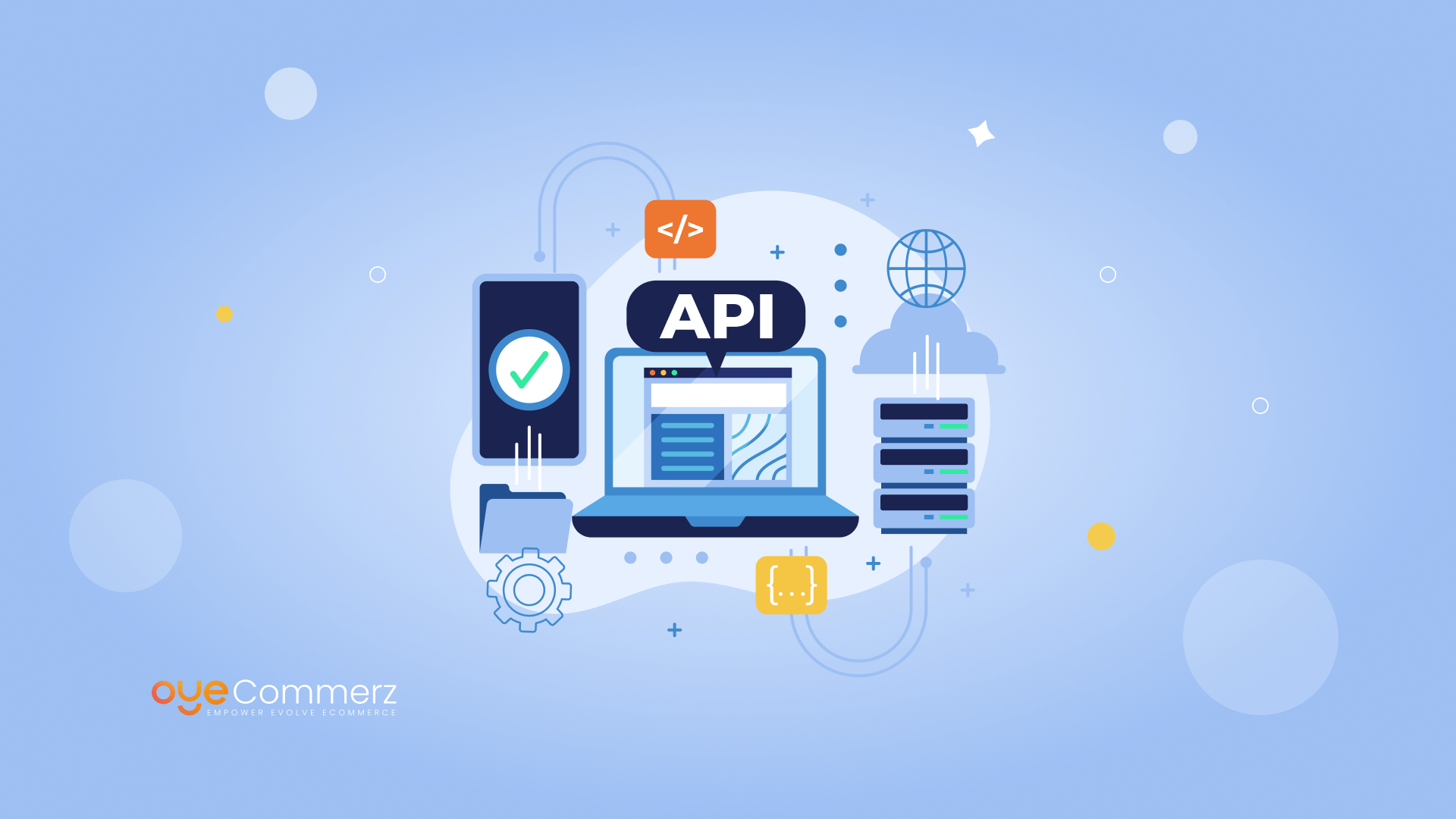Introduction
In today’s cutthroat e-commerce landscape, differentiating is essential, and a top method to differentiate a Shopify store is through custom app development. A well-built Shopify app can boost store functionality, streamline operations, and boost customer engagement. This guide explores essential elements of Shopify app development, covering API integration and app ecosystem to growth techniques and digital marketing approaches, providing a roadmap for companies seeking unmatched store performance.
The Importance of Shopify API Integration
Shopify’s API provides powerful tools to customize and expand store capabilities. With GraphQL and REST APIs, developers can retrieve information to create apps that handle inventory control, order processing, and customer information management seamlessly. Using Shopify’s API can enable improved workflow automation and allows stores to assist shoppers more efficiently.
Adopting the Polaris Design System
Polaris is Shopify's design system for designing user-friendly and accessible Shopify apps. By following Polaris principles, developers ensure that apps integrate smoothly within the Shopify Admin interface. This provides a cohesive appearance that resonates with Shopify merchants, encouraging ease of use and familiarity for merchants using your custom app.
Navigating the Shopify App Ecosystem
The Shopify app ecosystem offers endless possibilities for improving online stores. From managing fulfillment processes to increasing customer engagement, apps in this environment are designed to meet various business needs. Learning about this system helps developers in identifying unique app opportunities and enables smooth connections of third-party services that add value to the store.
Building Embedded Shopify Apps
Embedded apps integrate directly within the Shopify Admin, providing a smooth interface for merchants. They ensure that merchants do not need to navigate away from their Shopify control panel, streamlining their workflow. Using Shopify App Bridge and embedded app features is recommended for offering a cohesive, integrated user experience.
Using Node.js and React for Shopify Apps
Node.js and React have emerged as ideal tools for Shopify app development. This server-side framework enables efficient back-end services, while React allows for dynamic, responsive front-end design. Combined, they offer an strong platform for creating speedy, growth-ready Shopify apps that improve store performance and customer interaction.
Utilizing Webhooks in Shopify Development
Webhooks enable instant data updates between Shopify and an outside application. They initiate events such as new orders or stock changes and provide immediate alerts to your app. By utilizing webhooks, apps can provide up-to-date information to store owners, streamlining workflows and boosting productivity.
Engaging Customers Through Digital Marketing for Shopify Apps
To ensure Shopify app success, connecting with users is crucial. Using online marketing techniques like SEO, Key features for Shopify stores email marketing, and social outreach can increase app usage. Additionally, creating applications with customer interaction as a focus (e.g., loyalty programs or personalized suggestions) boosts user loyalty and satisfaction.
Scaling Your Shopify App
As e-commerce businesses grow, so do their technological needs. Ensuring that your app can scale to handle increased traffic, larger databases, and more advanced functionalities is critical. By improving server capacity and using scalable technologies, you can develop apps that grow in parallel to a store’s growth.
Essential Features and Maintenance for Shopify Apps
For an app to be useful, it should offer key capabilities like user authentication, dashboard analytics, and support channels. Regular app maintenance, with updates to fix bugs and ensuring compatibility with new Shopify features, is vital to ensure uninterrupted performance and avoid interruptions to business processes.
Conclusion
Custom Shopify app development holds vast potential for e-commerce Tools to improve Shopify customer engagement stores, providing the chance to enhance performance, simplify operations, and build customer relationships. With API integrations and Node.js to ensuring scalability and customer interaction, building a Shopify app involves careful planning and well-planned actions. If you’re prepared to elevate your e-commerce experience, a custom Shopify app could be the ideal solution. What features do you see for your ideal app? Share your thoughts and begin the journey to an optimized e-commerce experience!

Comments on “Enhance Your E-commerce: Custom Shopify App Development to Boost Performance”